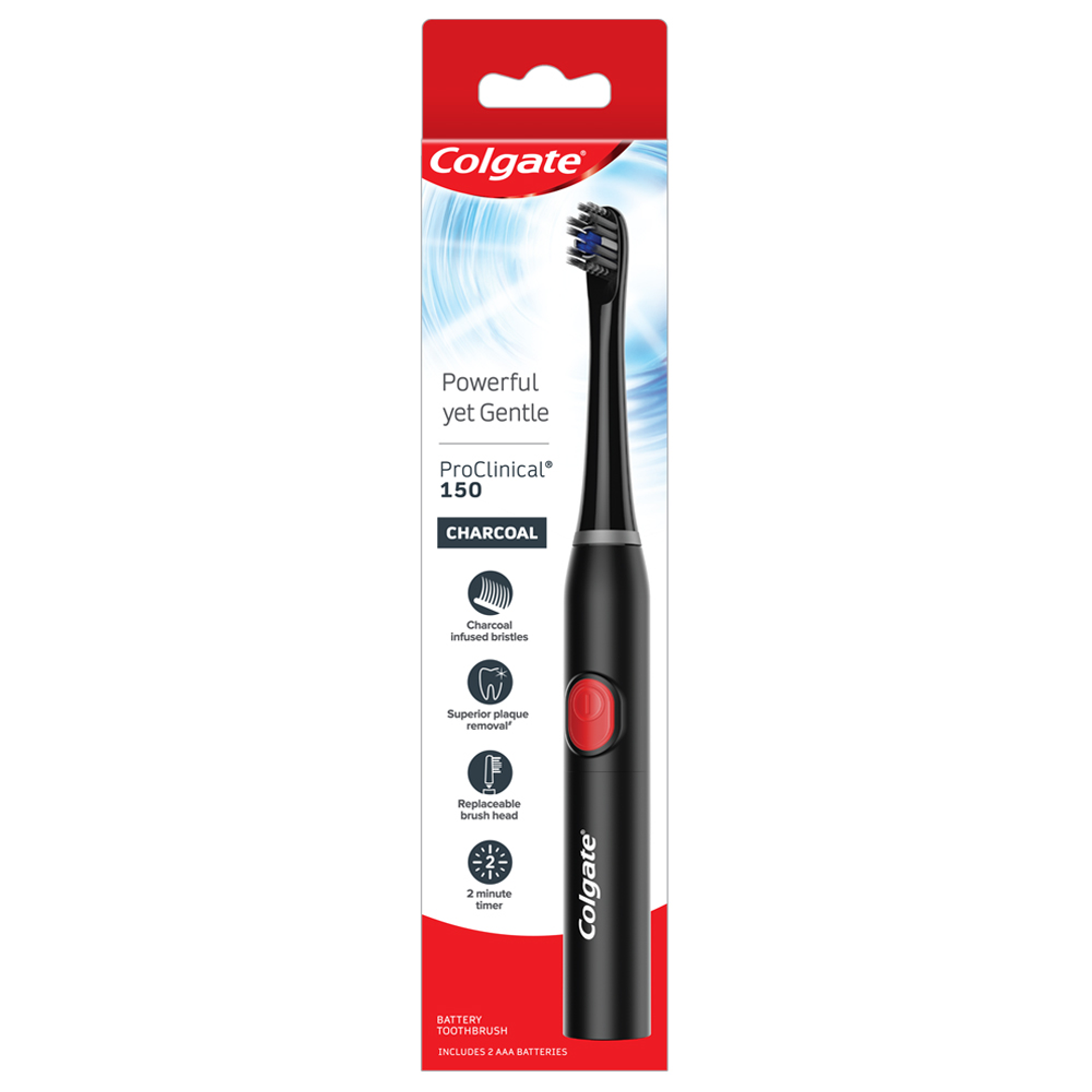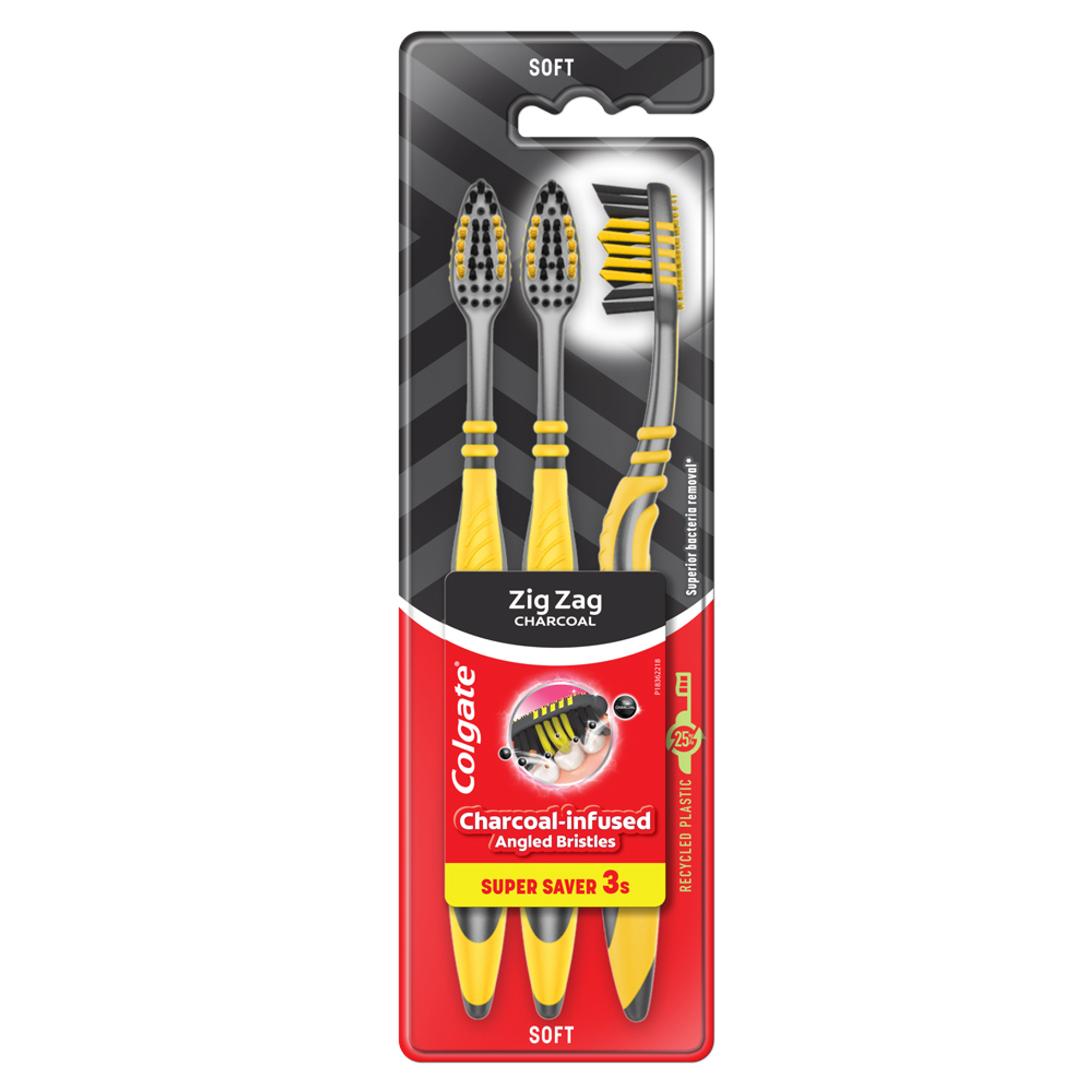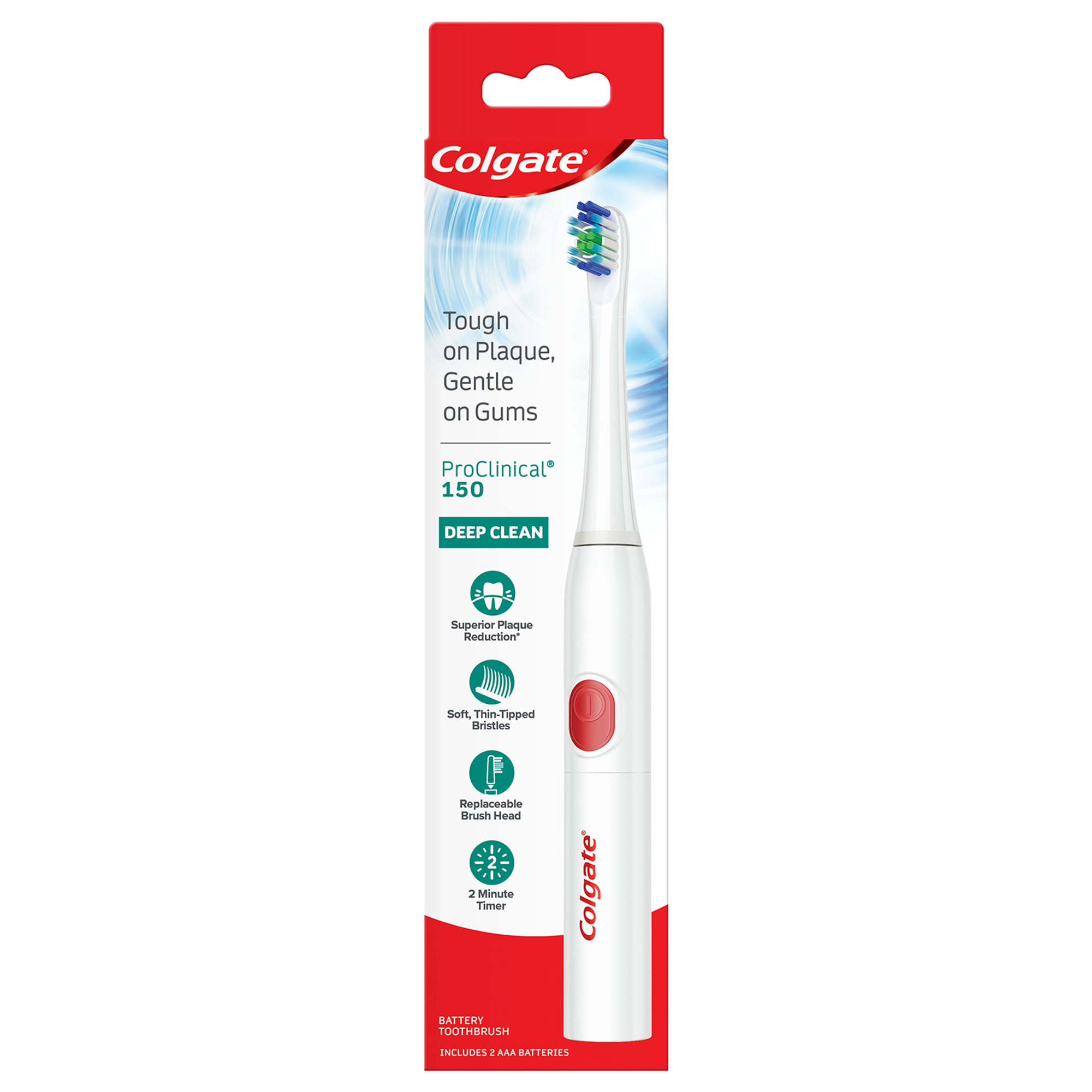- Oral Health and Dental Care | Colgate®
- Oral Health
- Dentin Tubules & Manage Dentinal Hypersensitivity |ColgateMY


The tooth is not a solid piece of body tissue. Rather, it has layers of tissues that serve unique functions. One of these layers, called dentin, lies right under the enamel surface. Tubules that pass through the dentin help you feel sensation in your teeth. While they are a part of normal tooth function, issues can arise.
What Are Dentin Tubules?
Dentin tubules are microscopic channels that radiate from the underside of the enamel surface to the inside of the tooth, called the pulp. They get their name because they travel through the dentin. Dentin is the major structural component and middle layer of the tooth, supporting the brittle enamel on the exterior. It is less mineralised than the enamel and forms the bulk of the tooth.
These small, hollow canals in the dentin carry sensations from the outside of the tooth to the inside. This process is often blamed for the sensitivity patients feel when the enamel is worn down. The tubules transmit hot and cold sensation and sticky and acidic stimuli (food) can affect the unprotected parts of the tooth, which stimulates the nerves and cells inside the tooth, causing discomfort, states the American Dental Association.
Managing Dentinal Hypersensitivity
People with tooth sensitivity should consult with their dental professional to assure the pain or sensation is due to exposed dentin on their tooth surfaces and not a more serious dental disease or condition. If found to be dentinal sensitivity alone, patients can help relieve the discomfort with over-the-counter products that are effective with continued use.
Take good care of your oral health to protect your dentin tubules and reduce your risk of painful hypersensitivity before it becomes an issue. Remember to follow proper daily care and to keep regular appointments with your dental hygienist.
Related Products

Helping dental professionals
More professionals across the world trust Colgate. Find resources, products, and information to give your patients a healthier future













